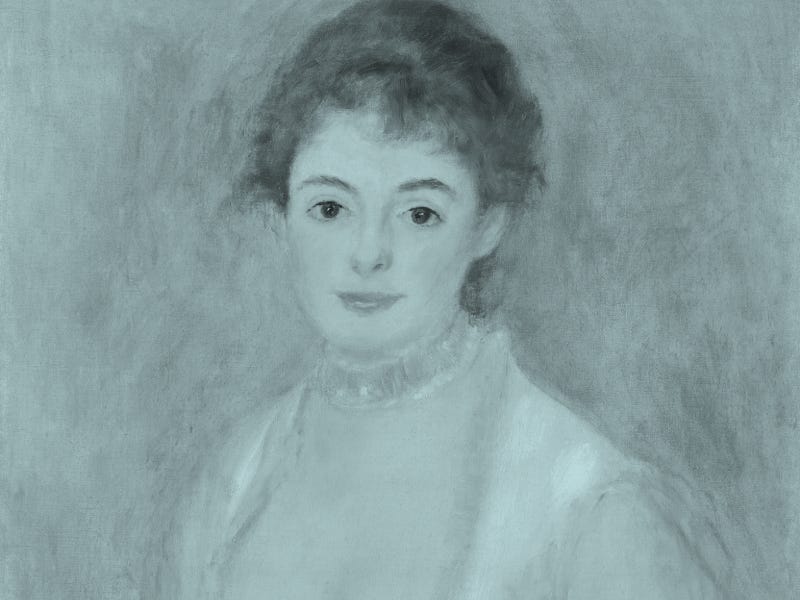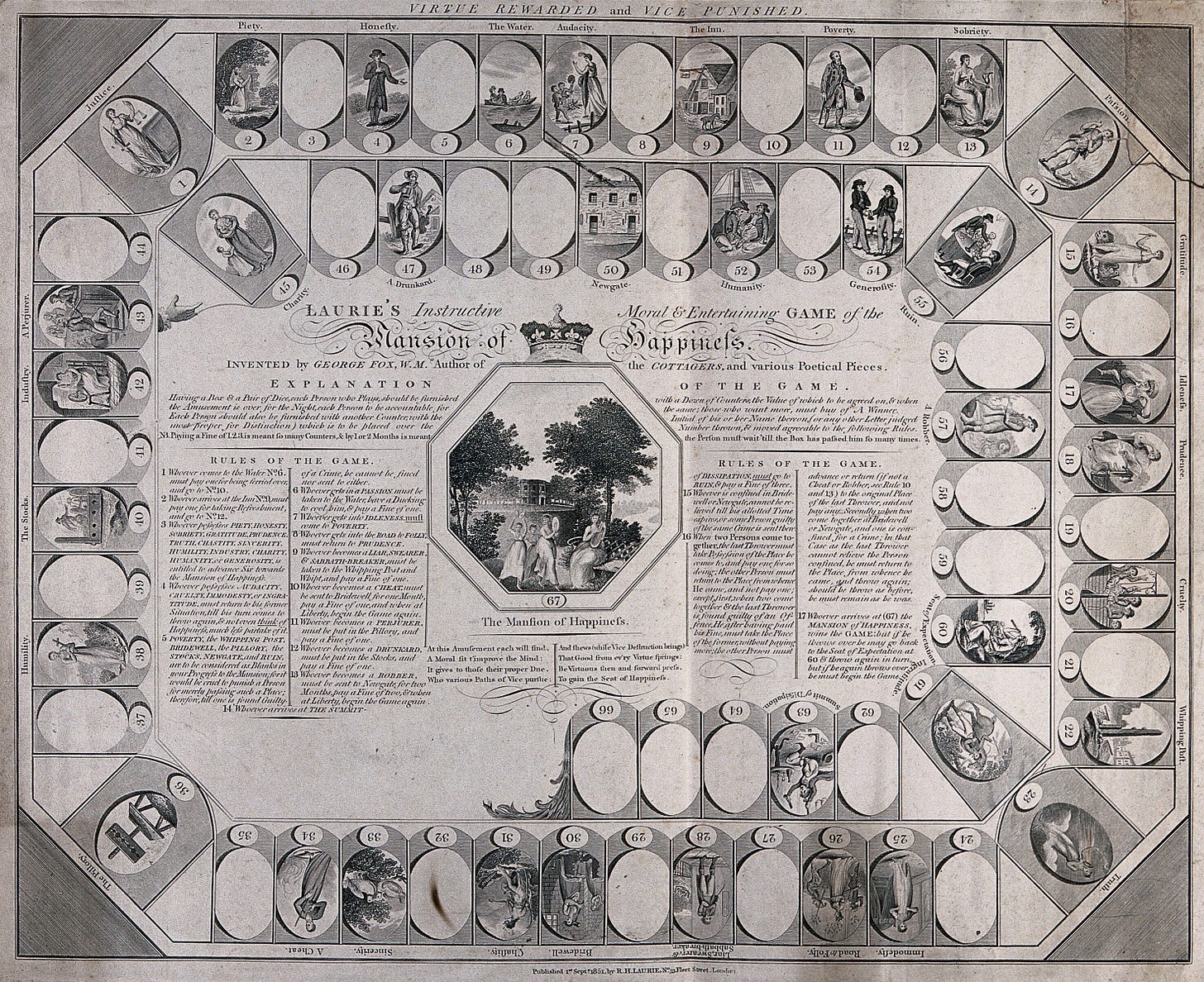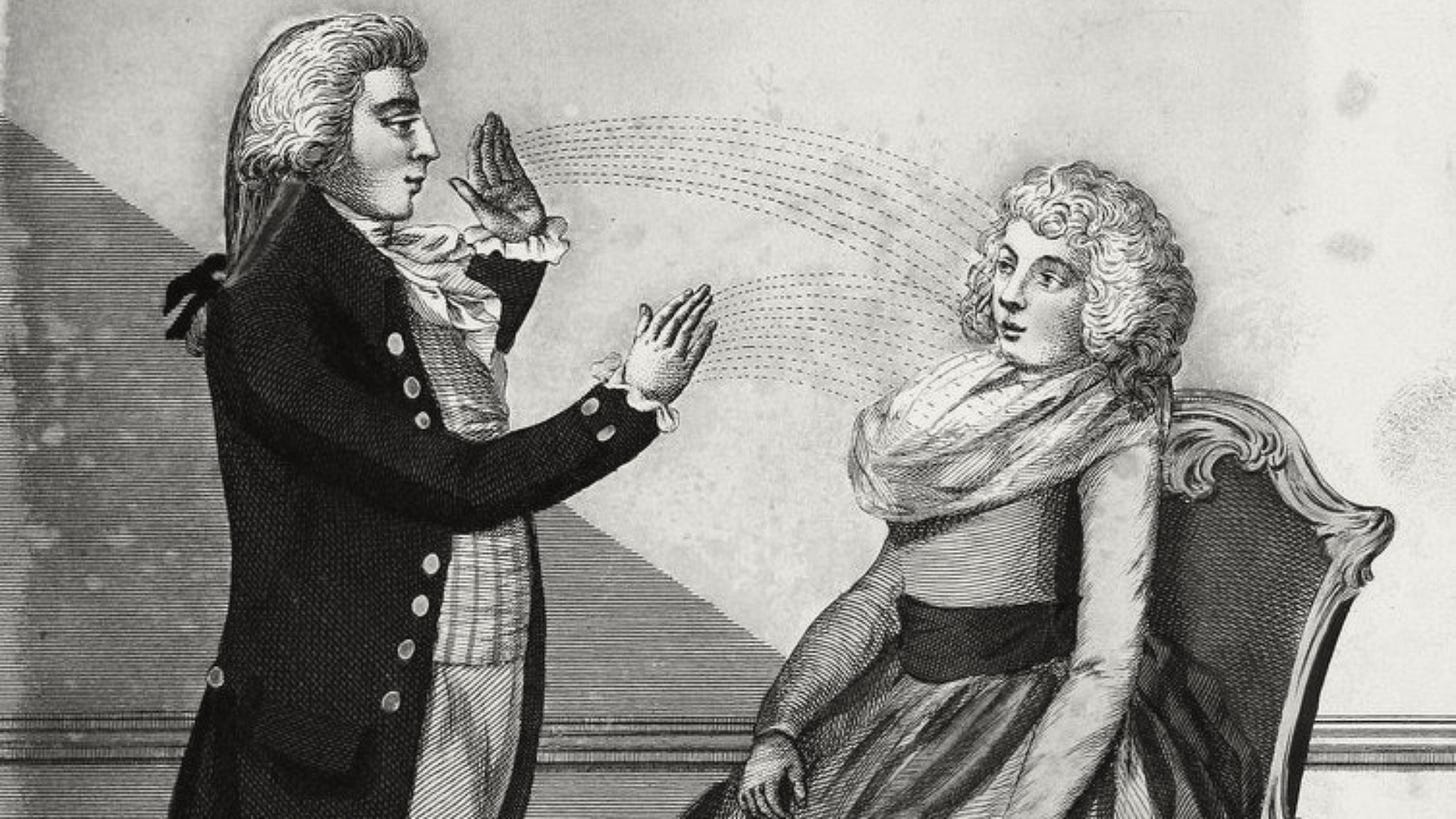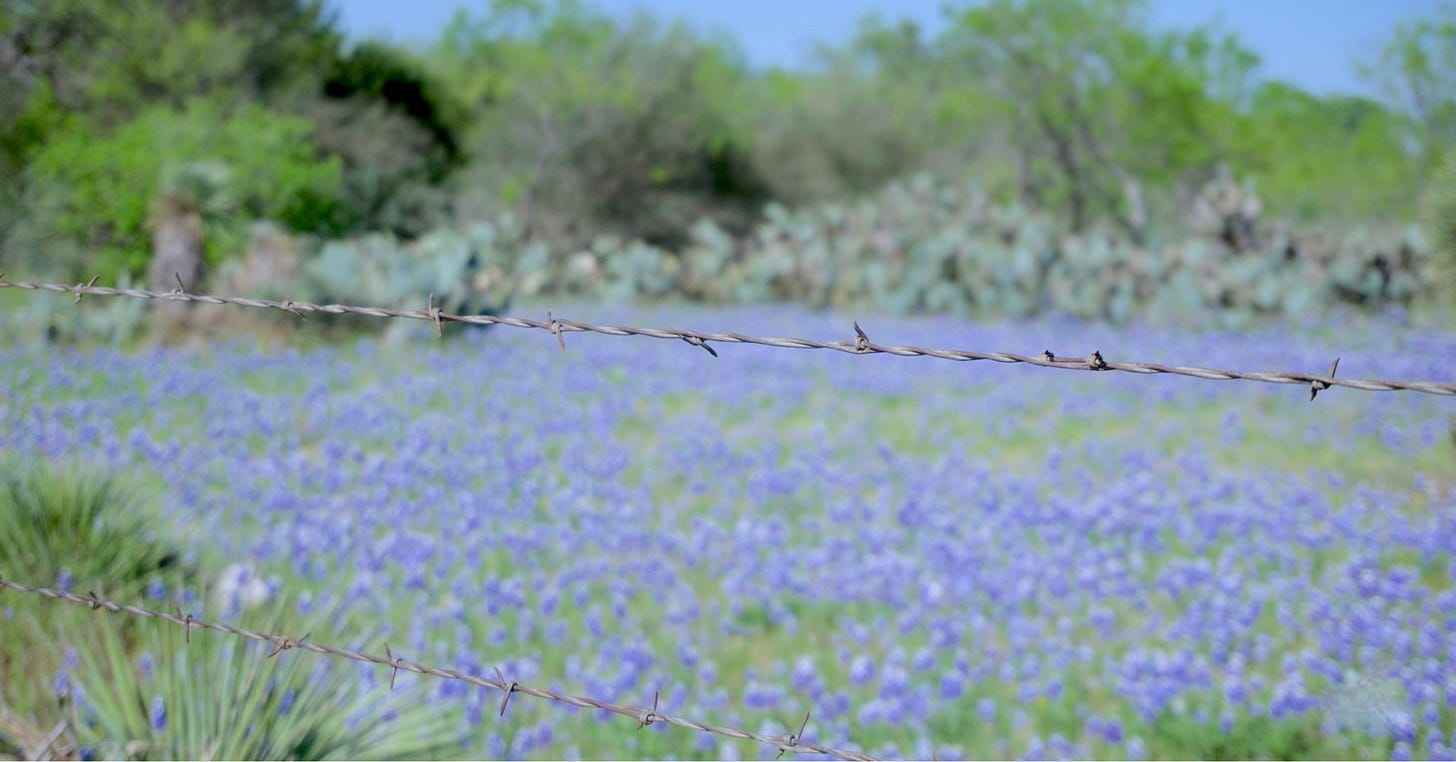Mar 3: I Want You To Be Happy
But happiness is not a choice.
🤗 If you have a moment, would you mind forwarding this email to someone you think will enjoy it? I really appreciate it!
Mar 3: Today is I Want You to Be Happy Day
Happiness is a perfume you cannot pour on others without getting a few drops on yourself. —Ralph Waldo Emerson
I may not know you, but I know what you want.
How do I know?
Because you’re no different from me or anyone else. We all desire a happy life with no sorrow.
Why is happiness a universal goal?
Happiness is a universal goal because it is our natural state, blocked by worldly conditioning like blame, guilt, and complaints.
So we try to recreate what we think we don’t have by accumulating stuff, power, and prestige, not realizing it’s right here inside of us.
But we’re too busy to notice this stillness as we live zombie-like lives, sleepwalking through life in quiet desperation, as Henry Thoreau wrote in Walden.
There’s another way.
How to Be Happy
When we stop blaming, complaining, making fun of people, criticizing, judging, and harboring superiority, the obstacles surrounding our hearts release, conserving energy for love and compassion.
Our opinions, ideas, and beliefs we display to the world make us feel special. We want to stand out, have people acknowledge how unique we are.
Look who’s on center stage performing their drama-du-jour as everyone slow claps with boredom.
Leave others out of it. Spare them the gritty details of what you think is important. Close your mouth, step off the stage, and listen to those around you.
Be of service instead of needing to be served. How much better you feel and how connected you become may surprise you.
What is the secret to happiness?
That you would rather be happy than right.
Through mindfulness and transformative practice, you realize happiness is not dependent on who’s right or wrong.
You stop reacting to whatever crosses your path. You realize happiness is not a choice as it’s always present, your natural state.
Instead, it’s the decision to be unhappy, the twisted version of our world we think is normal.
The Key to Happiness
The key to happiness is not to hold on to pleasurable experiences and try to push away the bad ones.
Instead, it cultivates a spacious awareness to hold whatever comes up without being overwhelmed or attached.
In this way, we can experience the fullness of life, with all its ups and downs, without losing our balance.
One of our most incredible delusions is that others are responsible for our happiness. This erroneous idea stems from our innate desire to avoid pain and suffering.
It’s difficult to accept that no one but ourselves is responsible for our experiences. The perpetual, “but, you don’t understand, [fill in the blank] happened to me,” flows out of our mouths as we slam our fists in our palms and glare into the camera of life.
Yes, something happened, but you can do nothing now except discover what good can come from it.
All events can be beneficial, no matter how negative or who you blame. What can you learn from it? What can you take away to help you in the future?
Finding the positive in negative situations is a tough pill to swallow. I’m a black and white—“did they do it or not?” thinker, so it’s difficult to recognize a silver lining when something bad happens.
But I’ve found if I take a step back and detach from the situation, I can usually find something positive.
He who blames others has a long way to go on his journey.
He who blames himself is halfway there.
He who blames no one has arrived.
—Chinese Proverb
Living with a sense of superiority over the ones who “did you wrong” while wanting to live a life of peace, love, and joy is impossible.
And deep down, we enjoy playing martyrs sitting high on our victimization pedestals.
“The best years of your life are the ones in which you decide your problems are your own. You do not blame them on your mother, the ecology, or the president. You realize that you control your own destiny,” Albert Ellis said in his 1961 book, A Guide to Rational Living.
The Empty Boat
An ancient Chinese parable retold by Zen master Thich Nhat Hanh, known as the “father of mindfulness,” describes how blame is a means to justify anger.
A monk was meditating on a lake when he felt the bump of another boat colliding with his own. The monk was furious someone dared disturb his peace.
But when he opened his eyes, ready to shout at the boatman, there was only an empty boat. Because no one was there to blame, the monk’s anger disappeared, causing him to realize it was coming from within.
When you blame someone and feel anger rising, imagine the offender as an empty boat. Realize you are the one controlling your emotions. Instead of becoming angry, focus on making things better.
Learn from it and move on.
Your mind is like a newborn you must care for with vigilant attention. If left unsupervised, great harm can come to it when blame, anger, and other destructive emotions run rampant.
When we recast responsibility upon ourselves, as the monk in the boat did, and resist the urge to assign blame, we create conditions for peace.
We can flip-flop destructive angry energy into something positive by finding a benefit from negative situations and responding with compassion.
Instead of harboring resentment toward bullies, we can use compassion to forgive. Not to excuse their behavior but to empathize with their unhappiness as they project their insecurities onto others.
As my grandmother said, “I love you, but I don’t love what you did.”
When we look at these people as empty boats—fellow humans with the same fears and vulnerabilities, we can offer compassion rather than judgment.
With forgiveness, understanding, and an eye for the positive, no matter how small, we can defuse anger and resentment and find peace.
Happiness Is Not a Choice
Hundreds of books, websites, and podcasts tell you happiness is a choice—that it’s up to you to find this fleeting state by putting a smile on your face or to count your blessings.
Smiling or counting blessings is unrealistic when your pet dies or a doctor informs you of a terminal illness.
We decide to be unhappy.
Happiness is our natural state, a place we can always reach if we take the time to go there. But because we constantly wish things were different, blaming others, we choose unhappiness.
As Abraham Lincoln said, “Most folks are about as happy as they make up their minds to be.”
According to researchers, we make some 35,000 conscious decisions a day.
Decisions like complaining about your partner, getting mad at someone, focusing on random thoughts. When you judge, desire, expect, manipulate, complain, and wish, you add a dark cloud against the sun.
And the more you play out these actions, the thicker the shadows become until you create a full-blown storm, AKA—unhappiness.
Instead of choosing to be happy, make a choice not to be unhappy. It’s no one’s responsible except your own.
And I want you to be happy because we all benefit when you are.
🛶 This Week’s Inspiration: Put Them In A Boat
The next time you feel anger or resentment toward someone:
1. Take a step back and detach from the situation.
2. Don’t react. Go within and recognize the person as an empty boat.
3. Fill the boat with compassion, light, and love as you imagine how they must feel spreading negativity and pain.
4. Watch them drift away until they become a dot on the horizon, and wish them well.
By following these steps, you will see others in a different, more positive light and prevent the harmful harboring of anger and resentment.
Do you believe happiness is a choice? Or are you choosing unhappiness while happiness is always there, waiting for your return?
Do you think you can choose to feel different when you’re in an unhappy situation? To let the angry, bad feelings, resentments go in an empty boat?
Let me know your thoughts in the comments, or you can private DM on my profile under the Chat tab.
Clicking the 💚 heart button at the top or bottom is like a virtual hug and helps more people discover The Spiritual Almanac. Thank you!
Want to read more about how happiness is not some distant goal but a way of living and being? Here are some articles you may enjoy.
The North Star Principle: Illuminating the Path of Positivity by Phil Gerbyshak (he/him)
Free Yourselves from the Happiness Imperative by Simon Western
There is no path to happiness: happiness is the path. —Buddha








